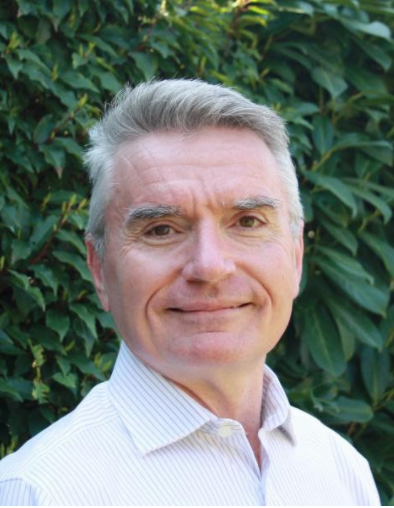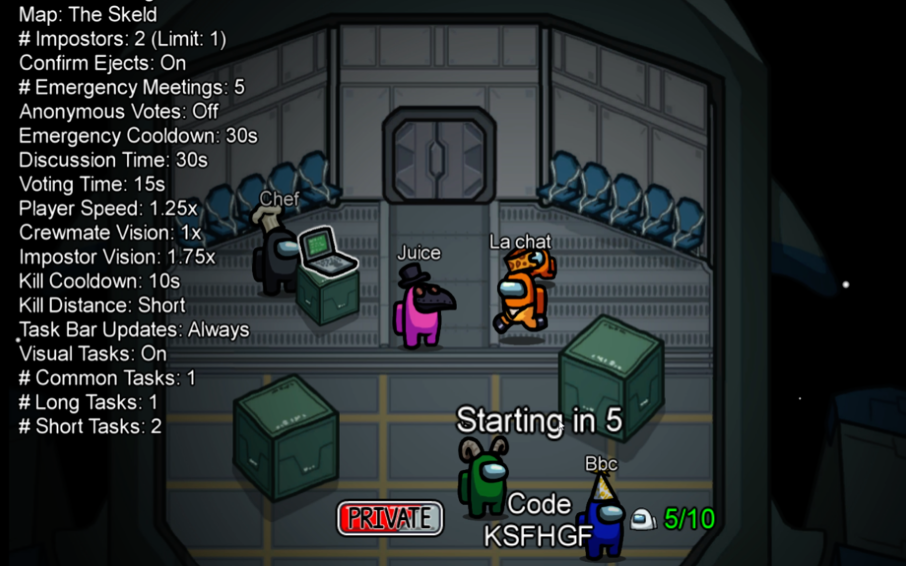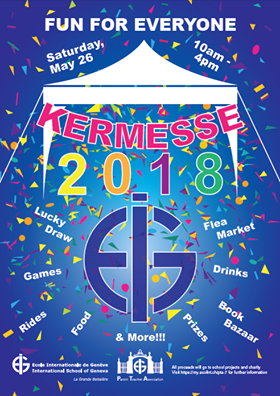By Emma Pavanello, Y11
Bill Morrison, an ex-hiring manager and now Managing Director for a training company, recently shared with us his insight and tips for nailing an interview. Here are a few things to do in preparation and during your interview:
At some point in the future, you are going to be interviewed. Interviews are never easy and they are very competitive. You are trying to convince the employer that they should hire you instead of the next person. The most important thing you will ever sell in life is yourself because the better you are at selling yourself to future employers the more choices and options you will have.
In an interview there are always two people: the interviewer and the interviewee. First, it is important to understand that a hiring manager position is very risky and if they make a wrong choice it will cost them. So stop thinking about you, put yourself in their shoes (be empathetic) and remember that almost everyone is outside their comfort zone during an interview. Also remember that you already have the interview so you passed the first stage which is the technical stage where they assess your competencies and if you would be able to do the job. The interview is where they judge you, where they judge if you would fit into their organization. They will select the candidate that they felt the most comfortable with. The key to obtain this comfort is contribution and connection. You have to push yourself outside of your comfort zone and can’t just nod your head and answer the questions quickly because if you do they will forget about you.
In order to perform well in your interview, you need to engage with the other side and make them want to work with you. You want to give them clues about you that fit with their organization and convey that you will be a valuable member of their team. These clues include the way you dress (does it correspond to what they are expecting), your body language and movement (eye contact, movement and affirmations such as “aha”, “mhm” etc show interest in what the person is saying) and note taking. People have a higher respect for people who take notes during their interview. All of these techniques are used to build a foundation of engagement between two human beings. In today’s world, interviews are conducted differently so these techniques vary. To include movement in your interview try and do your interview standing, make sure your voice is not too monotonous and the speed at which you are talking is not too fast nor too slow.
You want your interview to be like an exchange. You want to give them information but you also want them to provide you with some information beyond your CV. When answering a question there are two things you need to do. First off, turn your experience into a story by giving context and by, most importantly, giving them the wisdom you gained from that experience. The sentence “and this is what I learned from it…” is immensely powerful and will make a huge difference in your interview. If you say that you are creative and provide a story to go with it, this will give them evidence. Evidence and wisdom is what they are looking for. Secondly, you need to, after you’ve given your answer, verify that that was what they were looking for and/or if it made sense. “Is that what you were looking for?”, “Did that make sense?”. This will make you look brave and interested in them.
Another important point is to ask questions and prepare. Before your interview you need to do some research. Go on the interviewers LinkedIn profile, check out the company, read the about us section to see what they think about themselves. Research the industry. You also must enter the interview with questions prepared. Questions about the role, day to day life. The best questions you can ever ask are “If I were to get this role, after 90 days what does success look like?” and “ Can you tell me about the culture of your organization?”. Someone without questions at the end of an interview is deemed as not curious and uninterested. Always come with questions and some research.
A big thank you to Bill Morrison!



